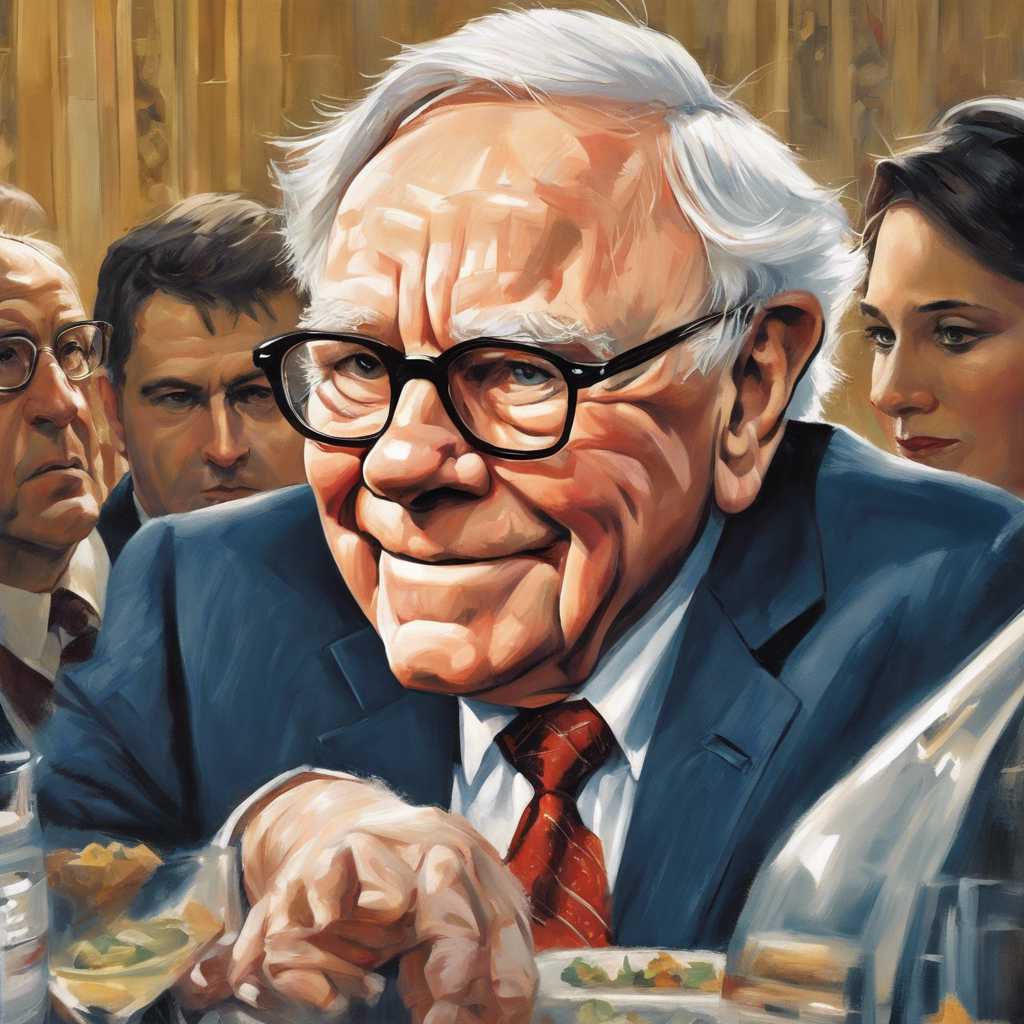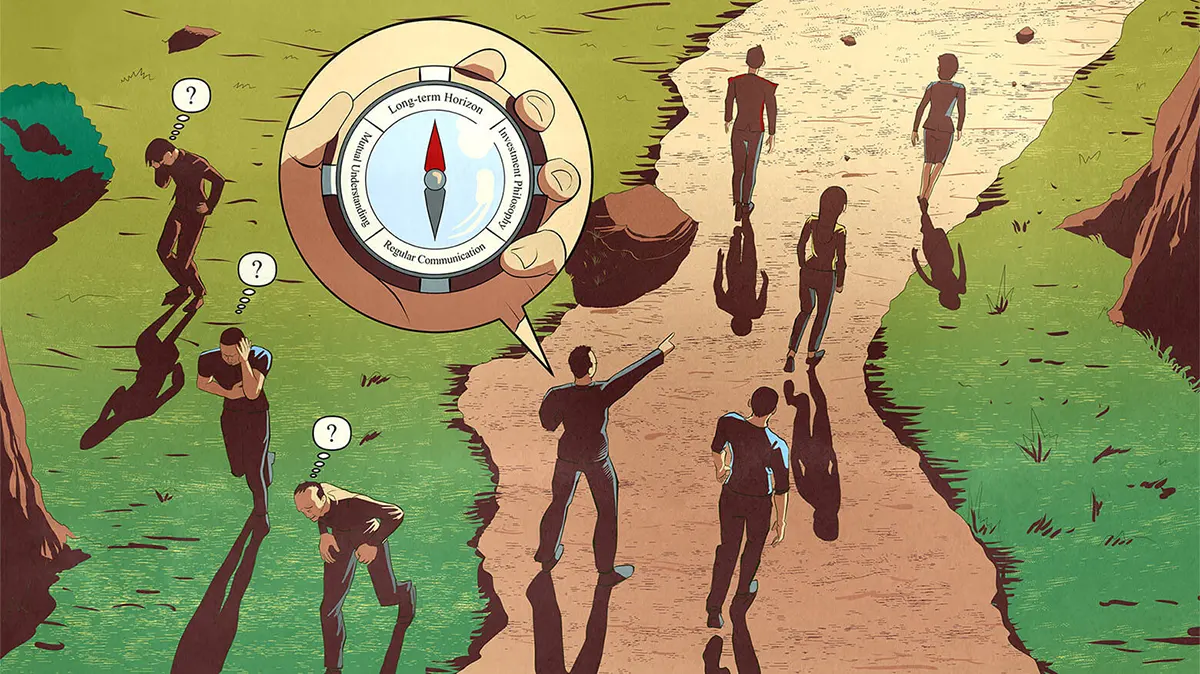I was quoted in FT about David Sokol, CEO of a Berkshire Hathaway subsidiary, buying shares in Lubrizol a few months before Buffett’s Berkshire Hathaway bought Lubrizol at a significant premium, which made Sokol 3 million dollars on his $10 million purchase.
“Some investors expressed concerns about Mr Sokol’s actions. ‘Any time you buy stock in a company which your employer then buys [it] just does not smell right,’ said Vitaliy Katsenelson, chief investment officer of Investment Management Associates.”
This quote slightly misstates my view, as the issue here is more complex. Sokol was the CEO of MidAmerica and NetJets (subsidiaries of Berkshire); it is not his job to look for companies for Berkshire to buy – Buffett and Munger are in charge of Berkshire’s capital allocation decisions. Sokol bought Lubrizol for his own account because he liked the business and thought it was attractively priced. If he had never mentioned Lubrizol to Buffett, there would be no controversy today. But he did, while disclosing that he owned the stock. Buffett expressed little interest in Lubrizol.
Where this situation gets tricky is when Sokol starts communicating with Lubrizol’s CEO. Lubrizol’s CEO (and the board) perceive him as the agent of Berkshire – even though Buffett at the time still had little interest in the company, because he was spooked, quite deservedly, by Lubrizol’s very high profit margins. At dinner with Sokol, Lubrizol’s CEO discussed internal forecasts for 2015, which at the time must have been material nonpublic information, information that would not be shared with David Sokol – the private citizen, but was shared with David Sokol – the left-hand man (Munger being the right-hand man) of Buffett, who might have wanted to buy Lubrizol. Only after this meeting was Buffett convinced to buy Lubrizol.
The magnifying glass of the media is now zooming in on Sokol, but the focus should be directed at Buffett as well. Unfortunately, reputation is often destroyed by appearances. We know Buffett cares deeply about his reputation. To remove the appearance of impropriety, he could have ordered Sokol to sell his shares of Lubrizol in the public market, or to Berkshire. Sokol would have obliged.
When you act on the behalf of someone else (be it a portfolio manager running someone else’s money, or an executive of a public firm) appearances are as important as the legality of one’s actions. You are like Caesar’s wife; you must be above suspicion. You never want the true intent of your actions to be second-guessed, but unfortunately that is exactly what happened in this case.









0 comments
0